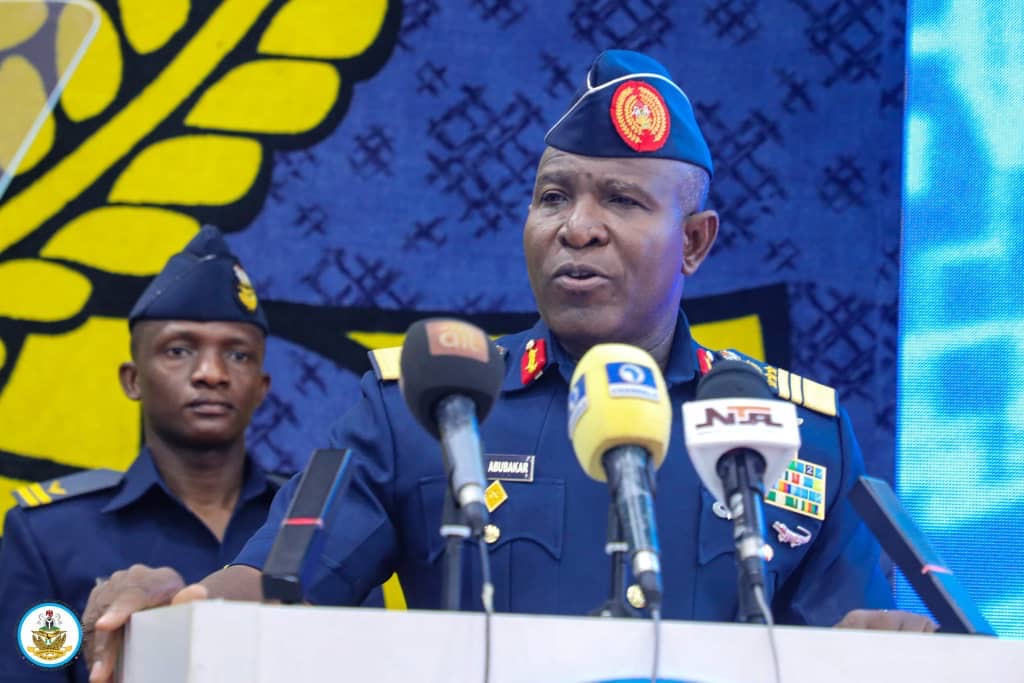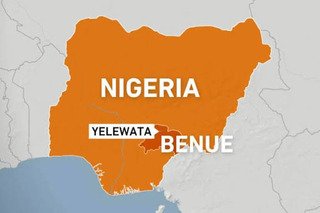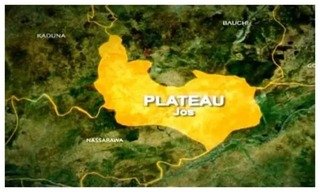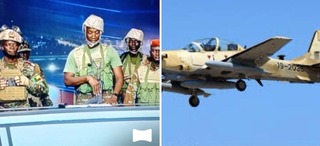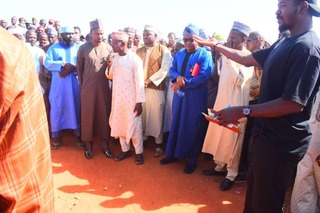NAF embraces predictive maintenance to boost aircraft serviceability — Air Chief
By: Zagazola Makama
The Chief of the Air Staff (CAS), Air Marshal Hasan Abubakar, says the Nigerian Air Force (NAF) has adopted a proactive and predictive maintenance culture to boost aircraft availability and reduce downtime across its operational theatres.
Abubakar made this known in Abuja during a media parley with defence correspondents, where he outlined key reforms aimed at transforming the Air Force into an agile and resilient force capable of meeting Nigeria’s security demands.
He said the shift from reactive to proactive maintenance is already yielding results, with NAF’s aircraft serviceability rate rising from an average of 55–60 per cent to about 75 per cent within the last year.
“For us to be agile and resilient as an Air Force, we must be flying aircraft. And for aircraft to be flying, we must have a very robust and proactive maintenance culture,” he said.
According to him, the new approach enables the NAF to anticipate scheduled and unscheduled maintenance activities months in advance, plan for spare parts procurement, and minimise aircraft downtime.
He explained that, although the system is still limited by availability of historical data, current maintenance predictions are being made within a three- to six-month window.
“Our ultimate target is to achieve over 90 per cent serviceability for all operable platforms. But to do that, we need sufficient data to apply advanced predictive tools — and that will take time, maybe about five years,” he said.
Abubakar also revealed that the NAF had achieved a major milestone in aircraft recovery and local capacity building by restoring a grounded government aircraft that had been idle for 23 years.
The aircraft, originally procured by the Ministry of Power and Steel and abandoned, was taken over by the NAF as part of its strategy to optimise government assets.
“We assessed many aircraft lying idle in various ministries and government agencies. Instead of requesting new platforms, we sought to take over those that were not in use and make them serviceable,” he said.
He disclosed that the aircraft was restored to flying condition within six months, using only NAF engineers and local technical capacity — without resorting to expensive foreign expertise.
“It’s now flying under the Nigerian Air Force. That’s a huge feat. It shows the capability of our engineers and the potential for cost-saving, particularly in foreign exchange,” he added.
Additionally, the CAS said the NAF had, for the first time, successfully conducted a K-4 level ($4,800-level) inspection on one of its aircraft platforms a major technical achievement previously outsourced to foreign partners.
“This is the first time we are doing such a high-level inspection in-house. It’s a breakthrough that saves the country enormous resources and builds national capacity,” he said.
He stressed that these innovations are part of a broader vision to transform the NAF into a strategically relevant force, guided by the core philosophy of agility, resilience, and sustainability in all operational environments.
“The whole idea is to ensure every available aircraft is flying, every resource is optimized, and every effort is made to reduce dependence on foreign intervention where local capacity can suffice,” he said.
Abubakar reiterated that the ongoing reforms would position the Air Force to better support joint operations, counterterrorism, and humanitarian air missions across Nigeria.

